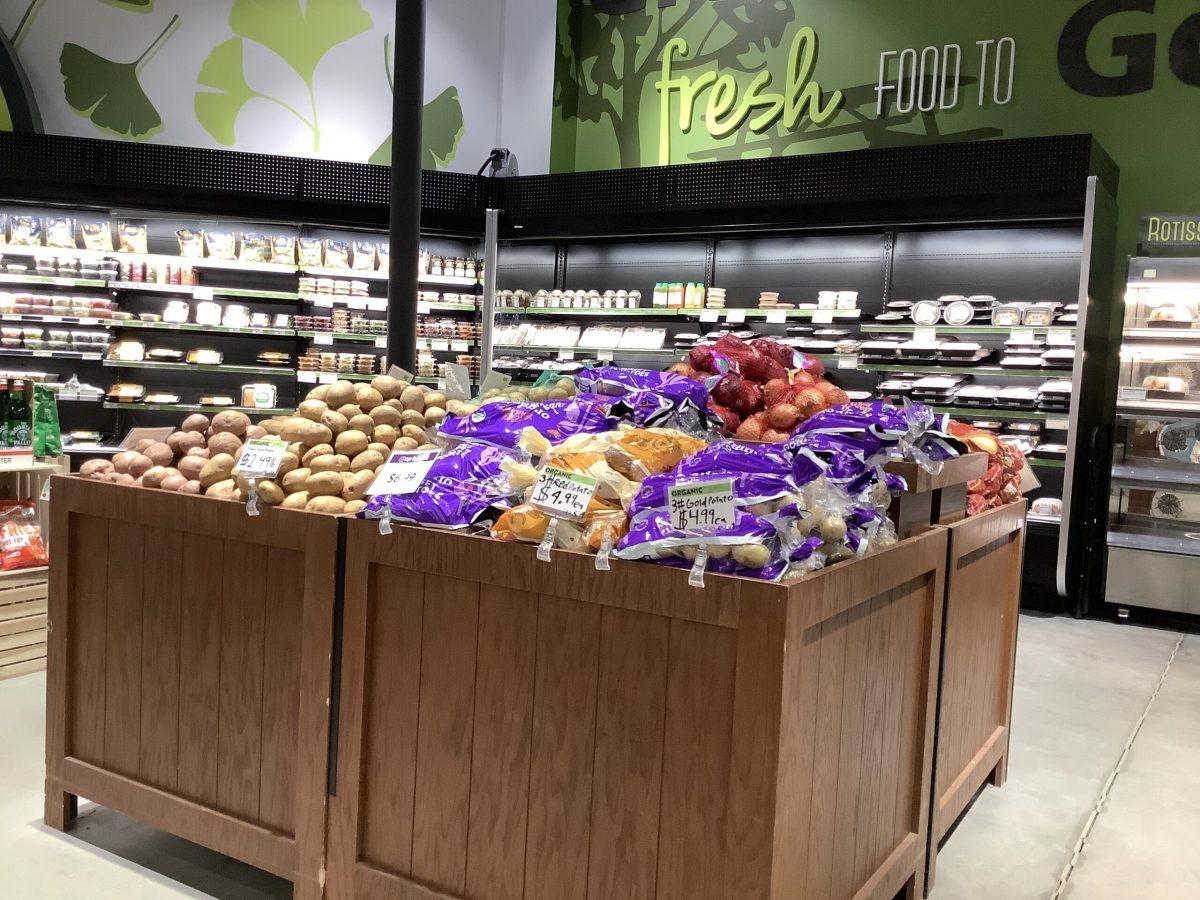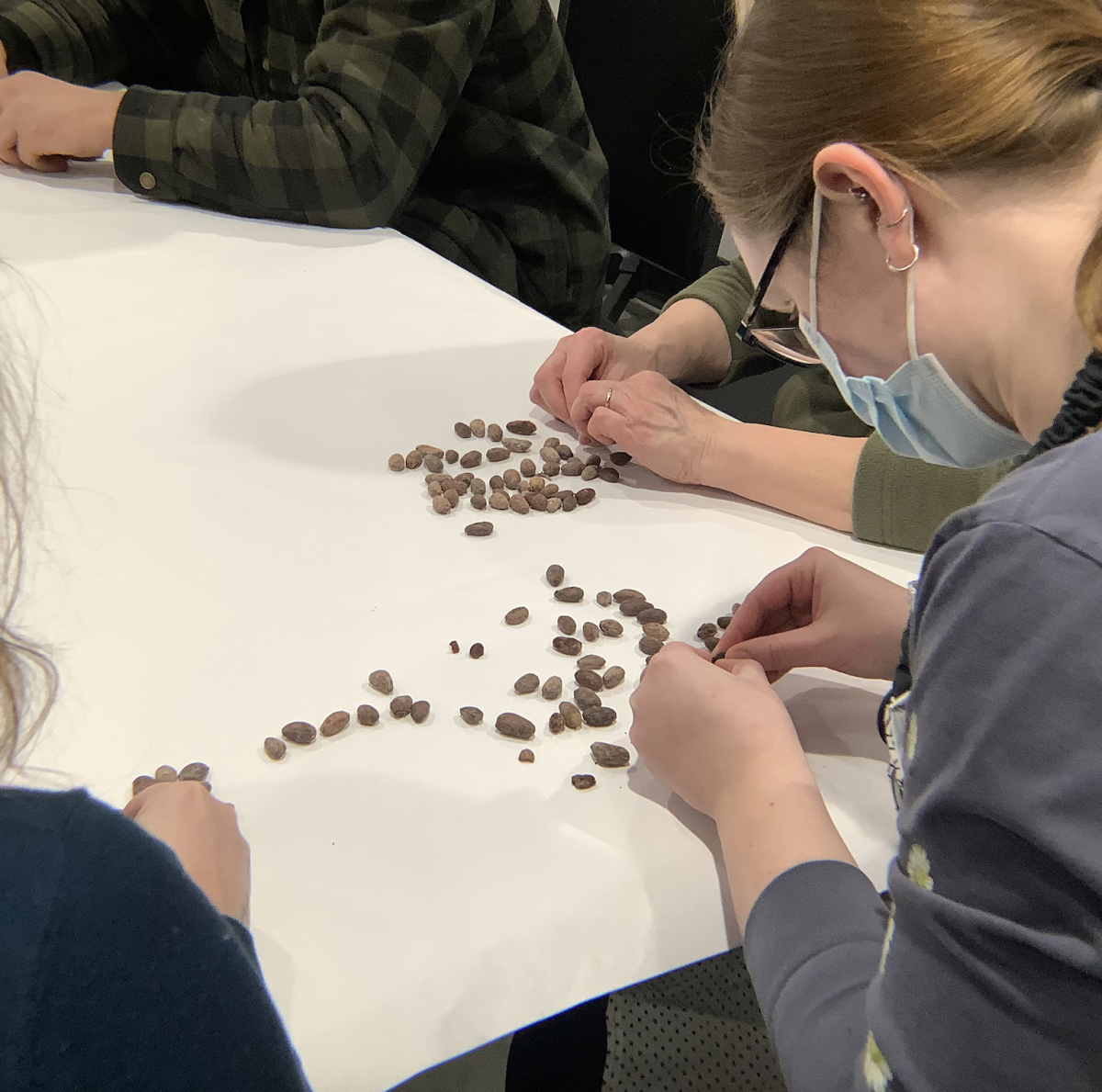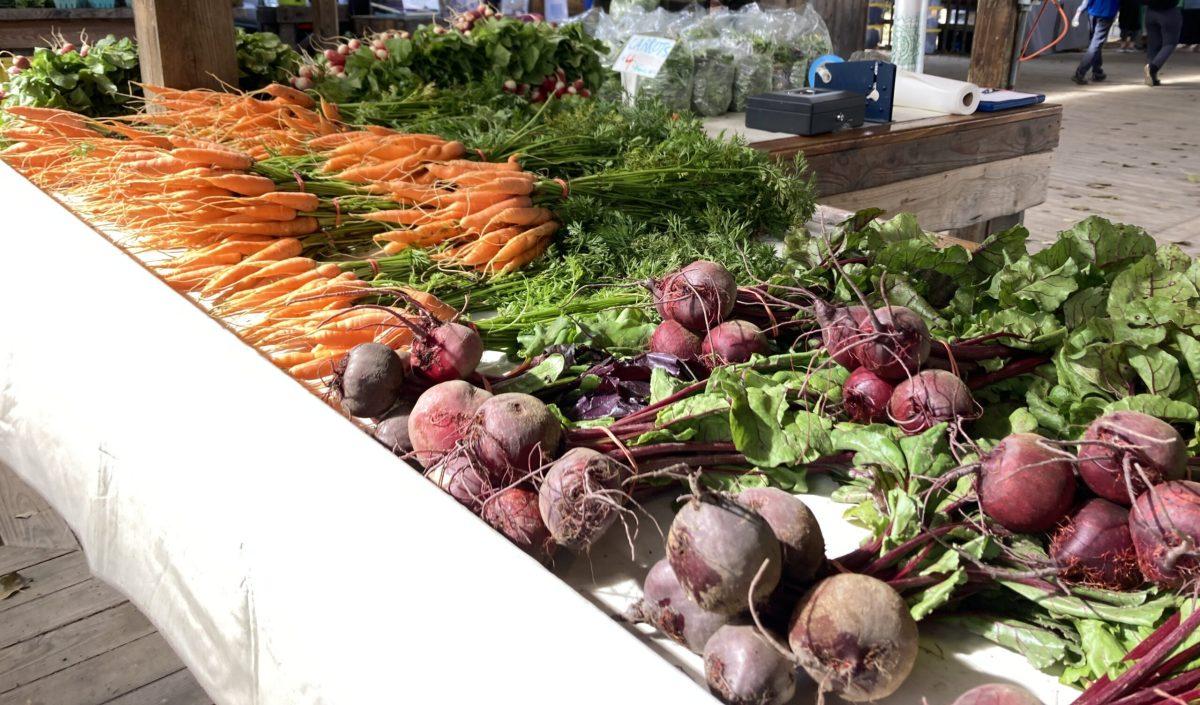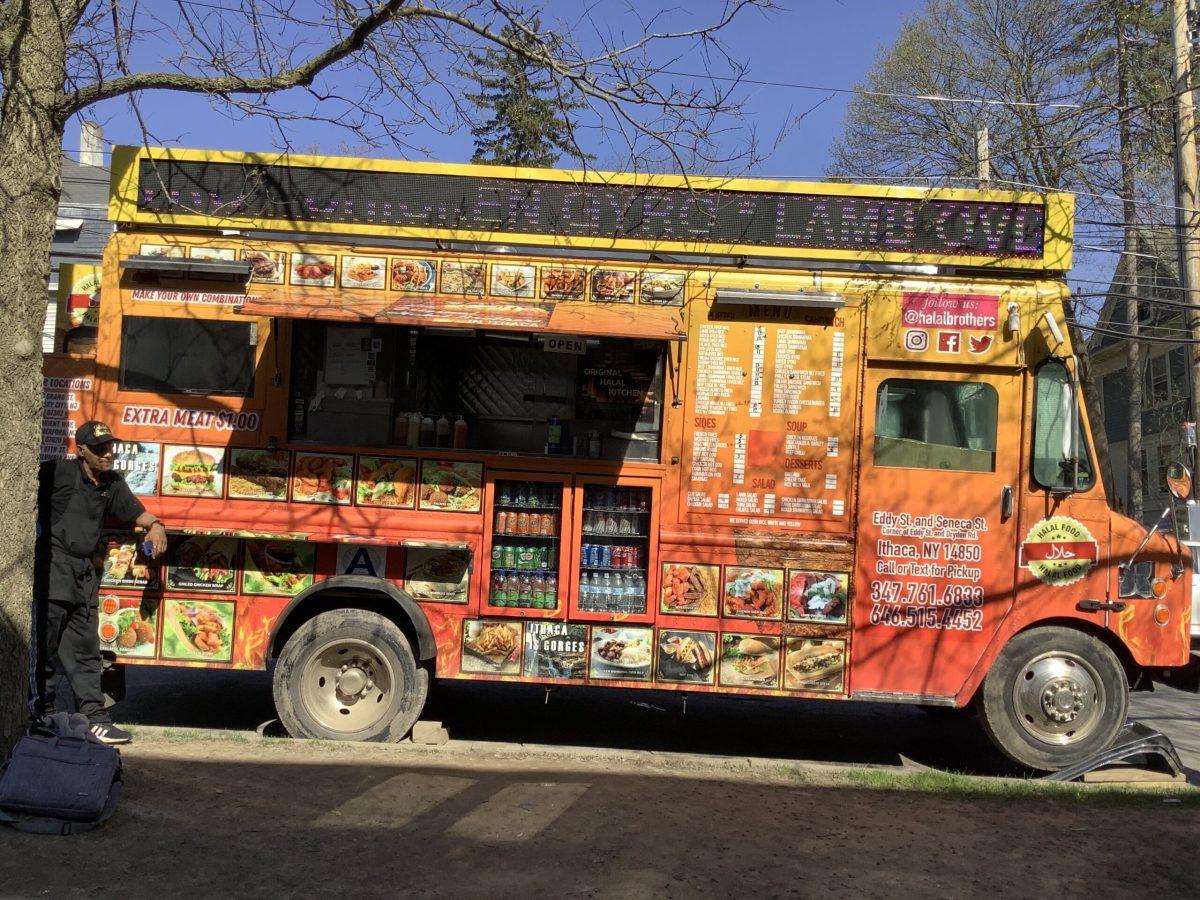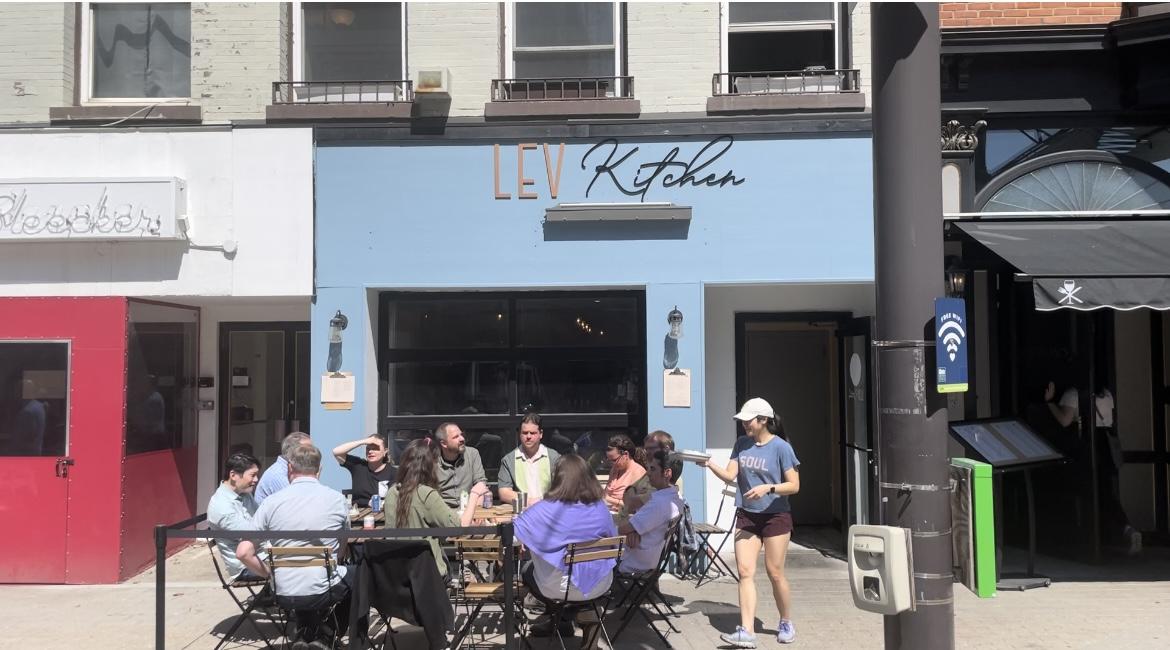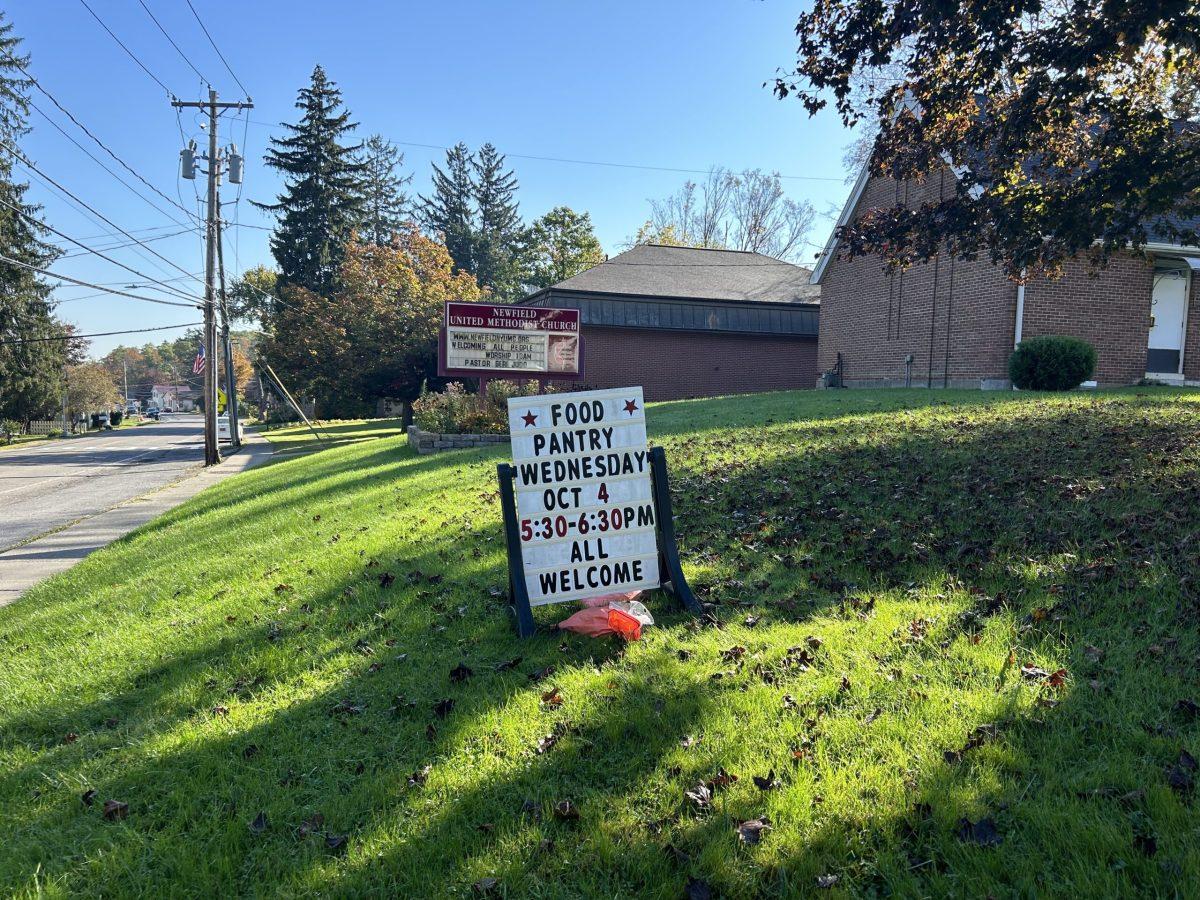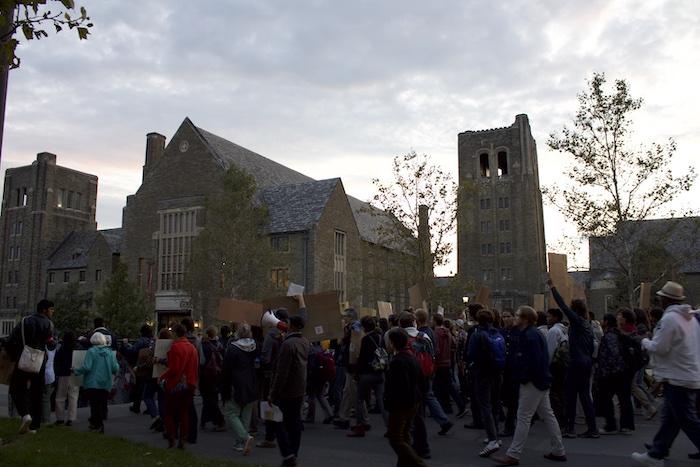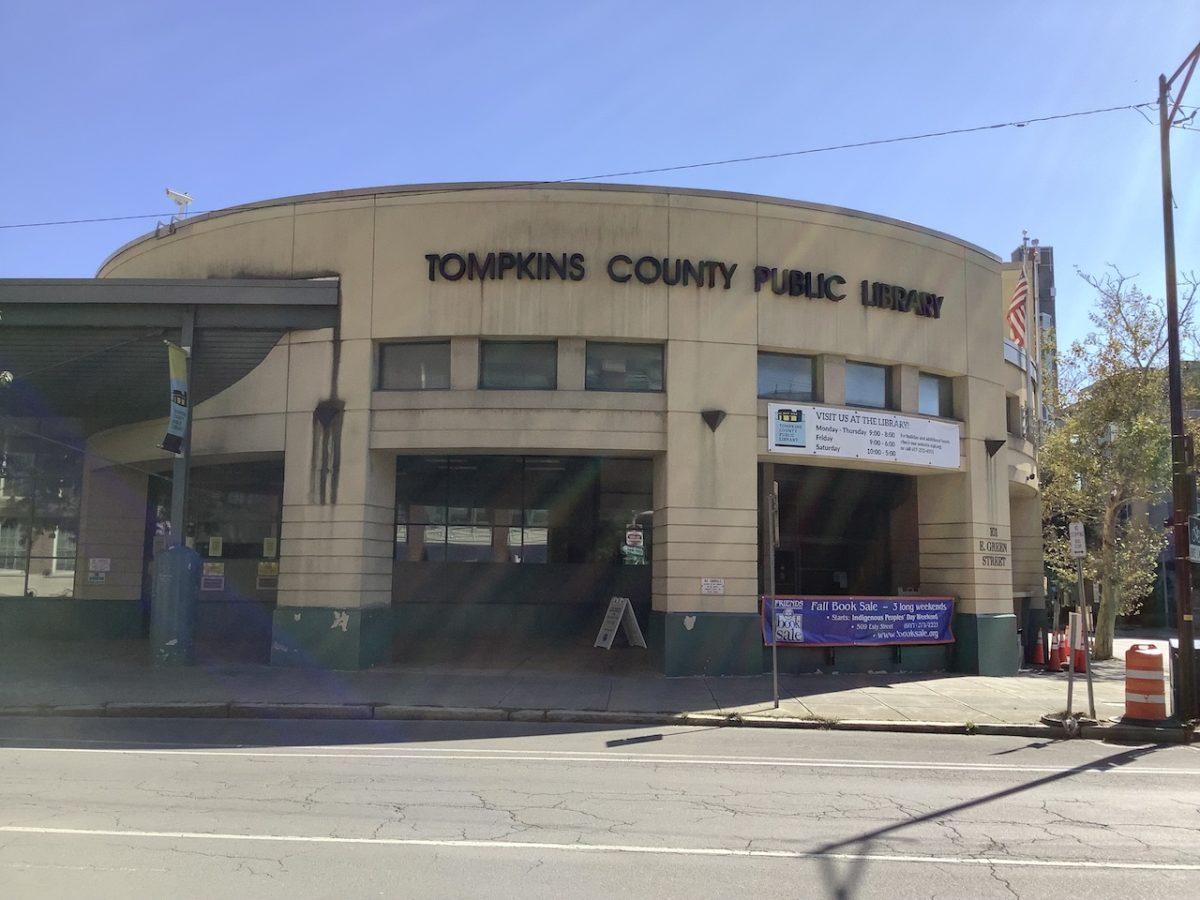As the global food system faces increasing challenges, from climate change to transportation disruptions, the focus on local food sustainability has become more critical than ever.
Local food sustainability, in most definitions of the term, involves supporting local farmers and food producers. It also involves reducing the distance that food travels from farm to table, promoting sustainable farming practices, and ensuring access to healthy and nutritious food for local communities.
The necessity of these measures is well-understood by local legislators and organizations like the Cornell Cooperative Extension and Tompkins County Food Policy Council, who continue to work towards ensuring food sustainability in the county.

The Role of Local Government in Promoting Food Sustainability
The role of local government in promoting food sustainability is indispensable due to their exclusive power to create policies, regulations, and initiatives that support local farmers, food producers, and consumers. Tompkins County Legislator Randy Brown believes that promoting food sustainability in the county is a priority for the local government. “Food sustainability in Tompkins County is currently weak, but the attention is high.
The food system plan was unanimously adopted by the legislature,” he said, in reference to the Tompkins County Food System Plan. The plan aims to ensure food equity, minimize food wastage, and meet local needs with local production, among other things.
Brown reminisces about a time when the food supply was more local – “I think things have changed a lot over the years. Eighty, ninety years ago, the food supply was much more local, because people grew their own products. They had their own chickens and cows and went into the woods and used what food supply was there,” he said.
He believes that relying on food from distant locations is risky and not a long-term solution for sourcing food. Despite the progress made by the county by adopting the Food System Plan, Brown identifies labor as a major challenge. “I think farming is a tough job that requires commitment and passion,” he said, adding that supporting those interested in farming, especially in younger generations, is crucial.
One way in which this can be done is by removing barriers like land access. One step that Brown has taken to improve local food sustainability is partnering with Early Bird Farm for the past four years to provide vegetables and plants to 150 families, enabling them to start their own gardens. He believes that empowering individuals to grow their own food, even in small spaces like mobile home parks, is a simple and effective way to get people involved in local food production.
Local Organizations Supporting Food Sustainability

Baz Perry, associate director of Cornell’s Figueroa Interdisciplinary Group (FIG) Lab and a part of the Food System Planning Initiative, also emphasizes the importance of local food sustainability in Tompkins County.
Perry defines it as having enough food to meet the population’s nutrition needs every day and making it accessible. In places like Tompkins County, she believes that increasing the production of local food is important to build food resilience.
“In places like Tompkins County,” she said, “food is almost entirely imported from outside the state and food sustainability is often out of our control.” She added that climate change is one of the big reasons why it is so important to build food resilience – “A lot of our food is grown in warm tropical areas, and climate change will impact the ability of workers to work in those areas.
It will also lead to a rise in invasive species and threats to import highways,” she said. To increase food sustainability in the Tompkins County, Perry believes it is necessary to focus on a farm to institution model and public education programs, which are already carried out by the Cornell Cooperative Extension.
“We [Cornell Cooperative Extension] have put together a list of suggestions and actions for anyone who wants to get involved in promoting food sustainability,” she said. The list can be found on their website.

